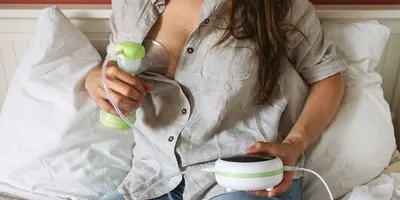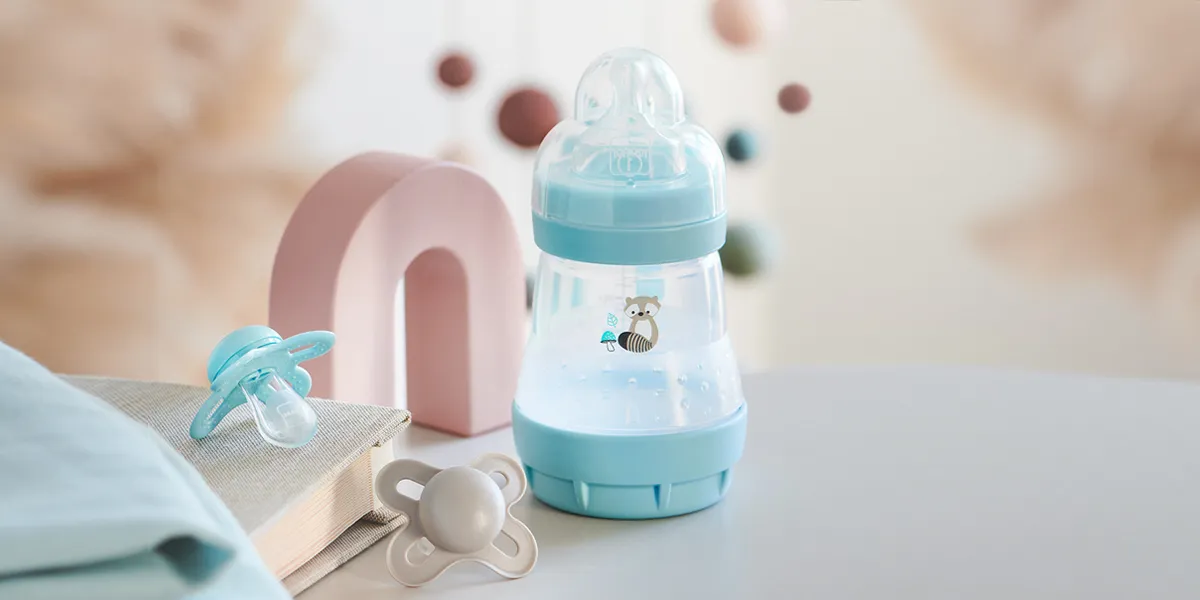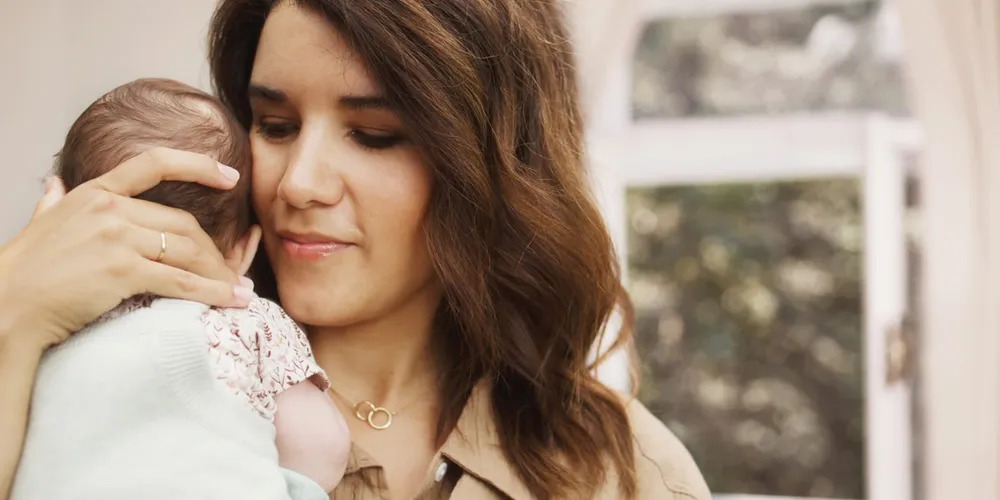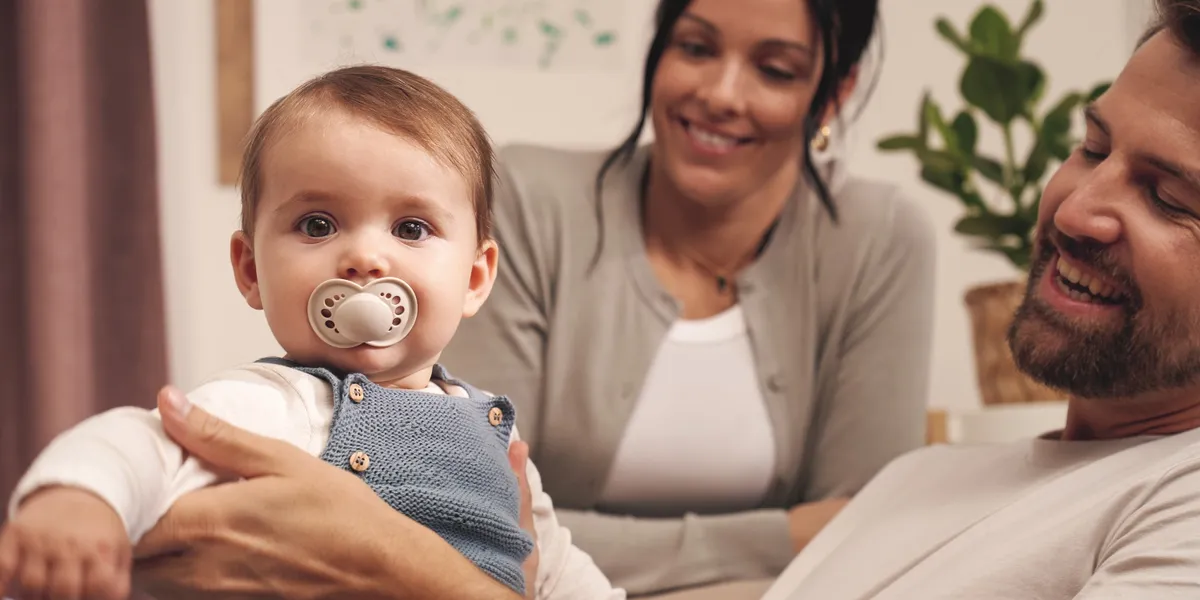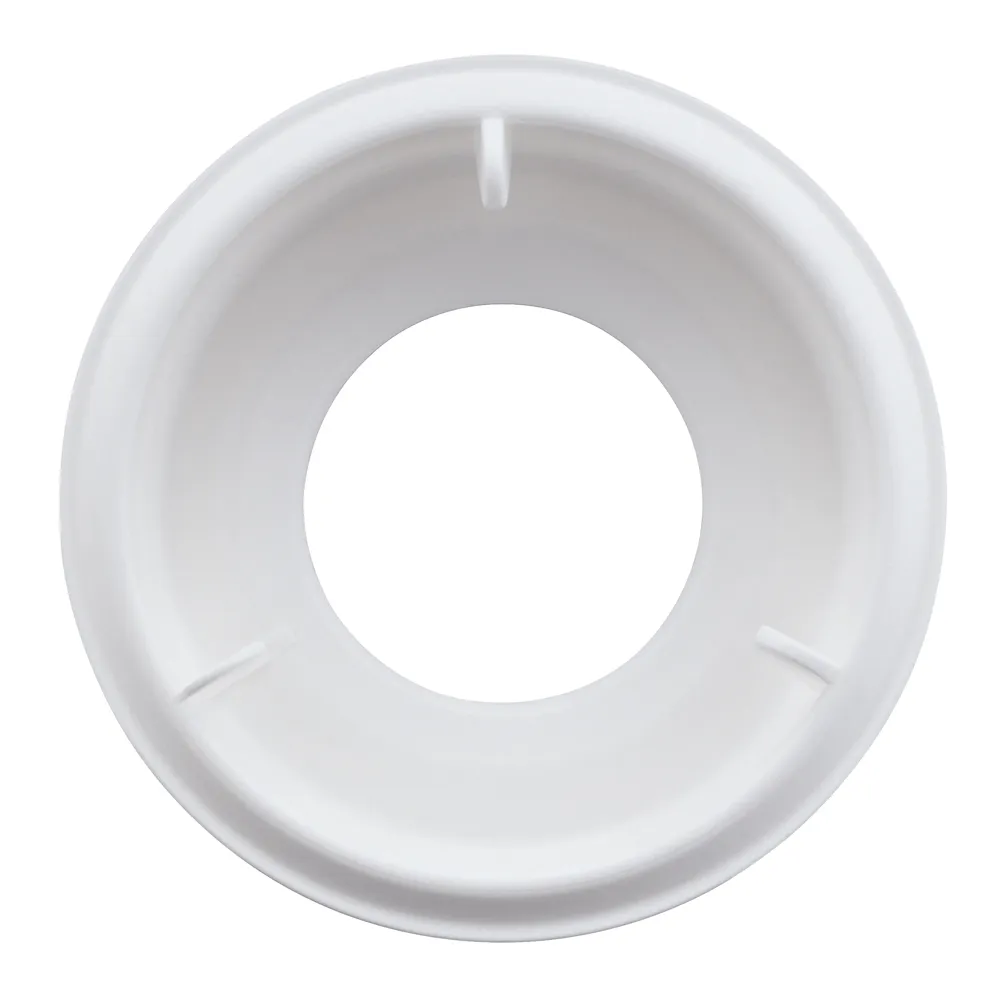Easy Start™ Anti-Colic Valve Set 2 pack
The innovative MAM Anti-Colic valve regulates the drinking flow and ensures babies can drink calmly and relaxed – without air swallowing.
- 80% less colic*: The innovative valve helps to minimise colic by reducing air swallowing.
- Easy to clean and change – fits all MAM Anti Colic bottles.
- Includes 2 Anti-Colic Valves.
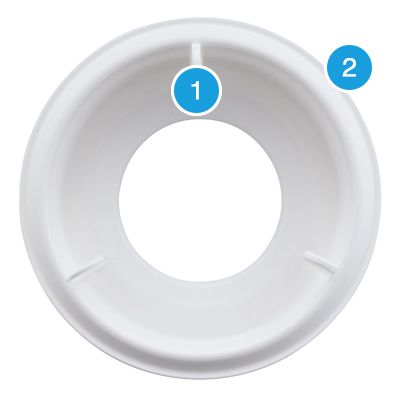
1. LINKS: Make inserting, centering and removing the valve easy.
2. SHAPE: Allows easy cleaning of valve. Compatible with all MAM Anti-Colic bottles.
| Accessories: | Bottle Accessories |
|---|---|
| Age: | 0+ months |
| Nipple Material: | Silicone |
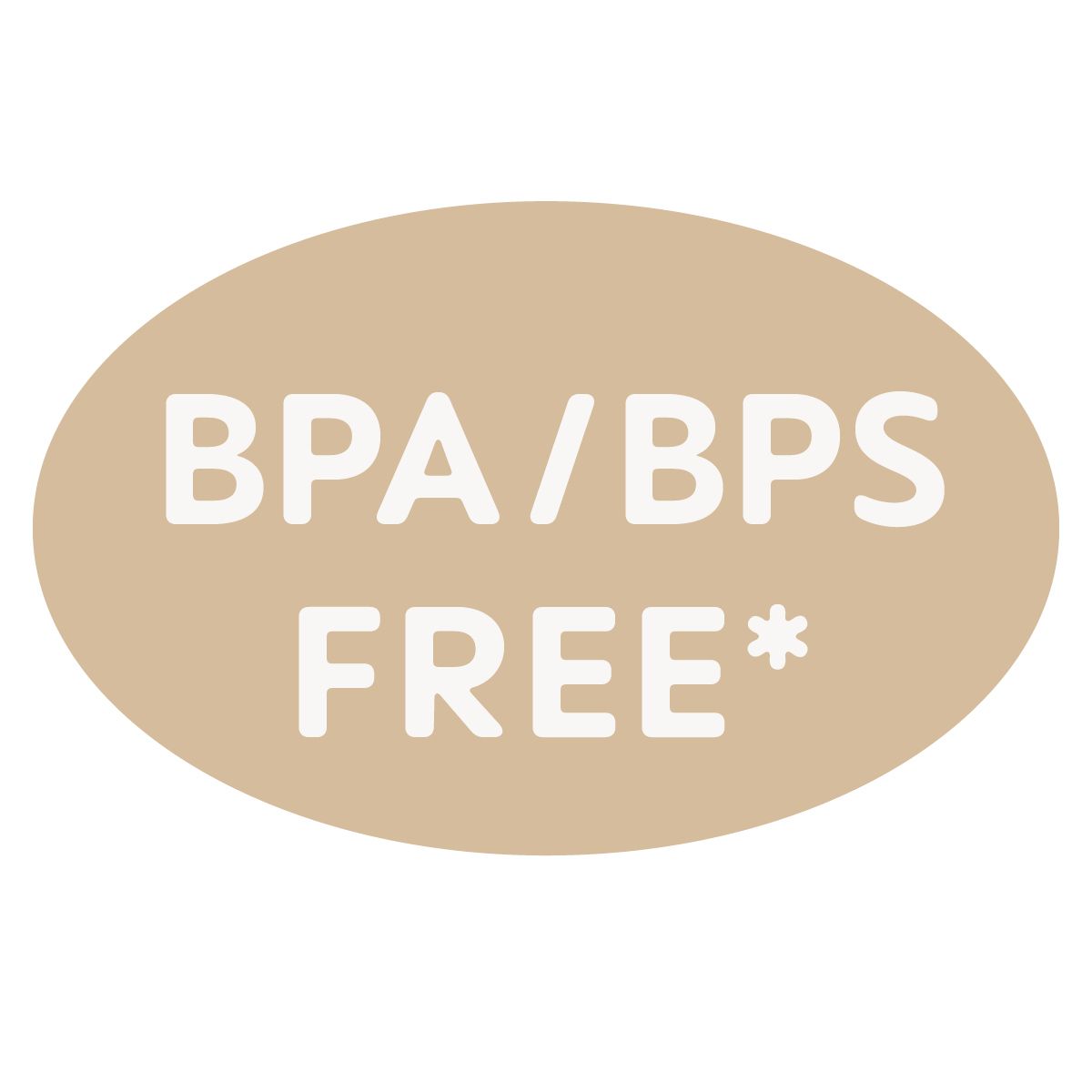
All MAM products are made from materials free of BPA and BPS
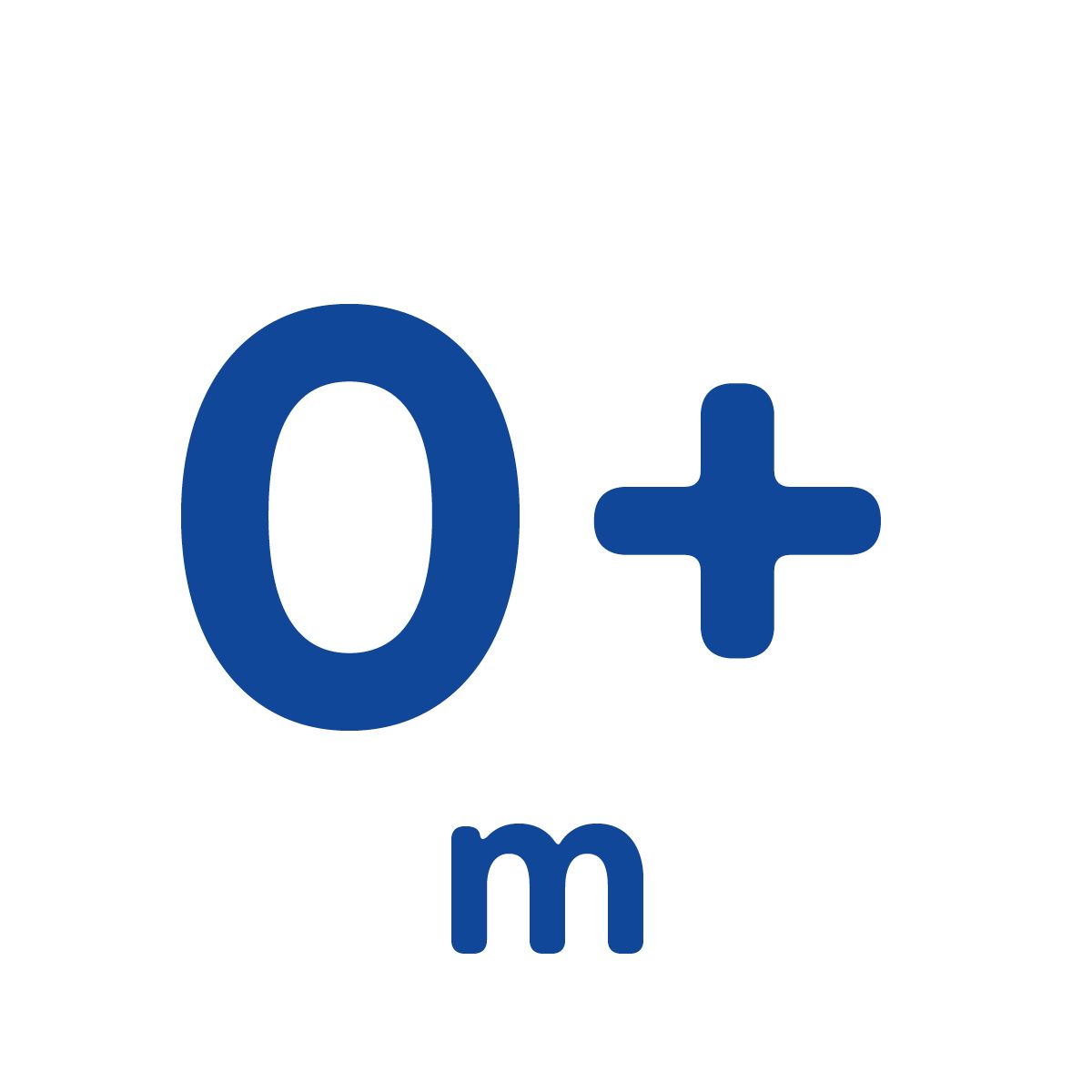
For babies from 0 months
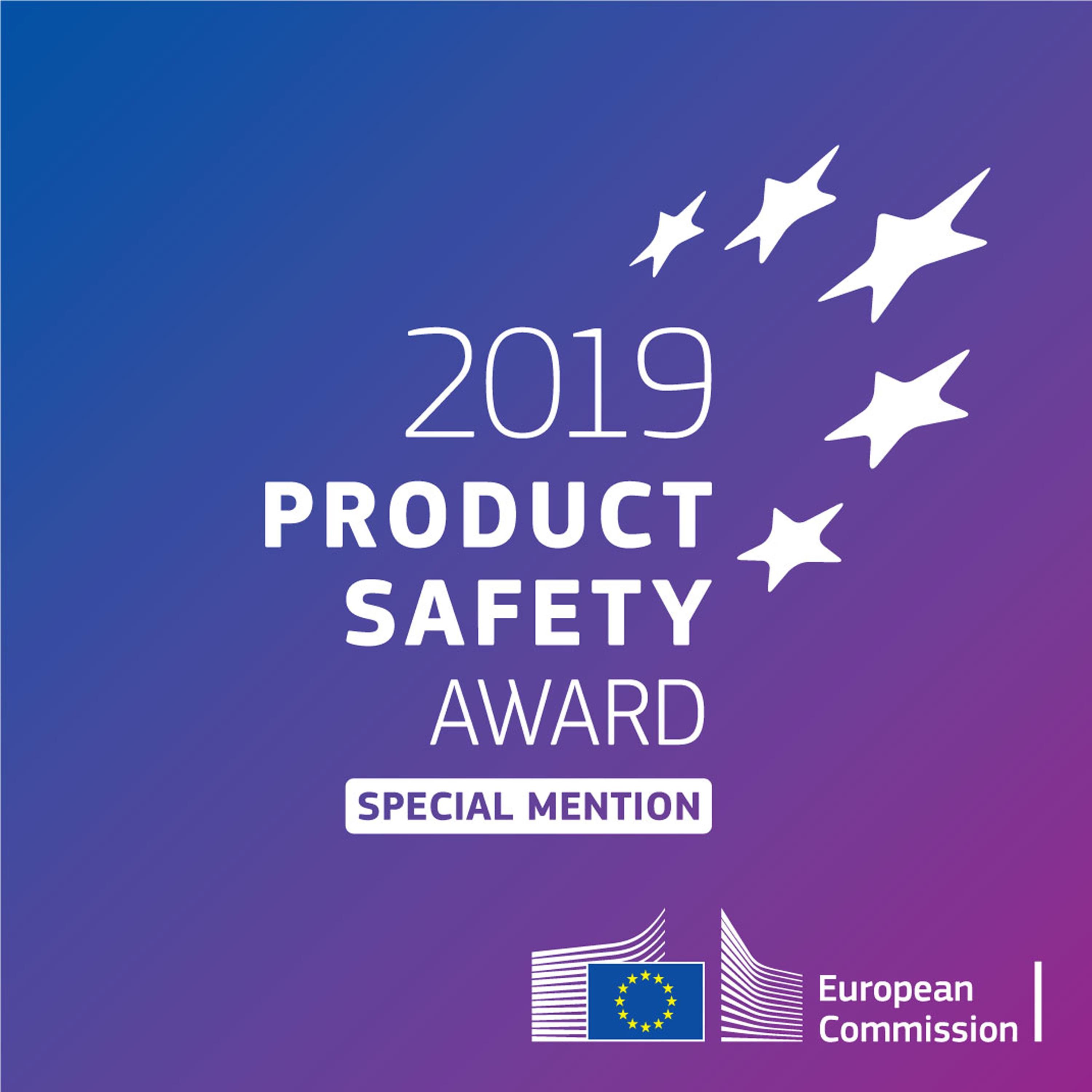
HONORED WITH THE EU PRODUCT SAFETY AWARD 2019
Bisphenol A (BPA) is an important component for the manufacturing of polycarbonate (PC), whereas Bisphenol S (BPS) is an organic chemical used to make polysulfone. Among other items, food packaging, plastic utensils and baby bottles are just a few examples of products made with PC, whereas the main usage of BPS is in thermal papers and inks. The problem: Trace amounts of chemical substances gradually leach out of the plastic into the food and might eventually get into the body. This can affect small children and infants in particular.
As a result of exposure to BPA, experts and studies have seen disruptions to the hormone system and brain, diabetes and heart damage as well as an increased risk of cancer. Although scientific evidence is not yet conclusive, the European Commission - based on the precautionary principle - has banned the usage of BPA in baby bottles in order to protect the health and safety of babies and small children.















